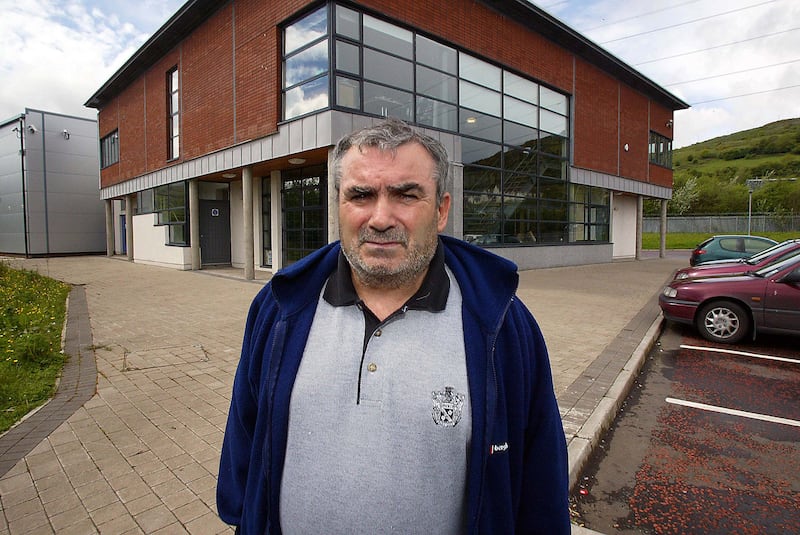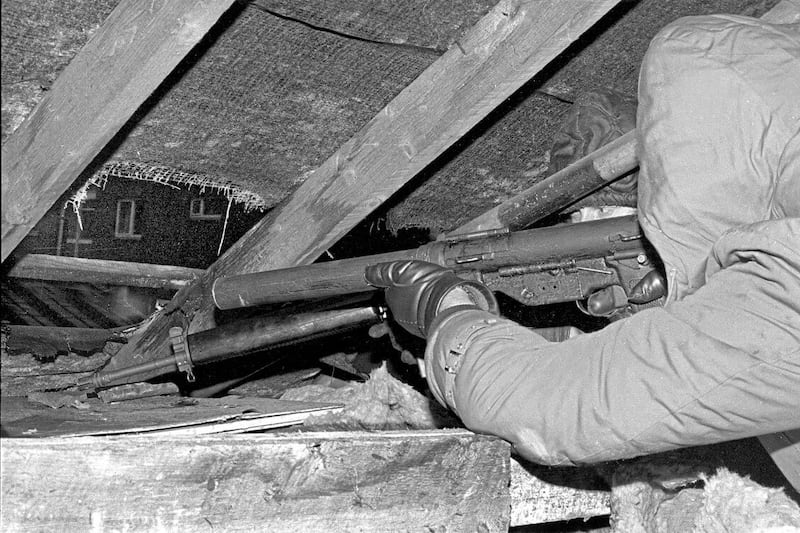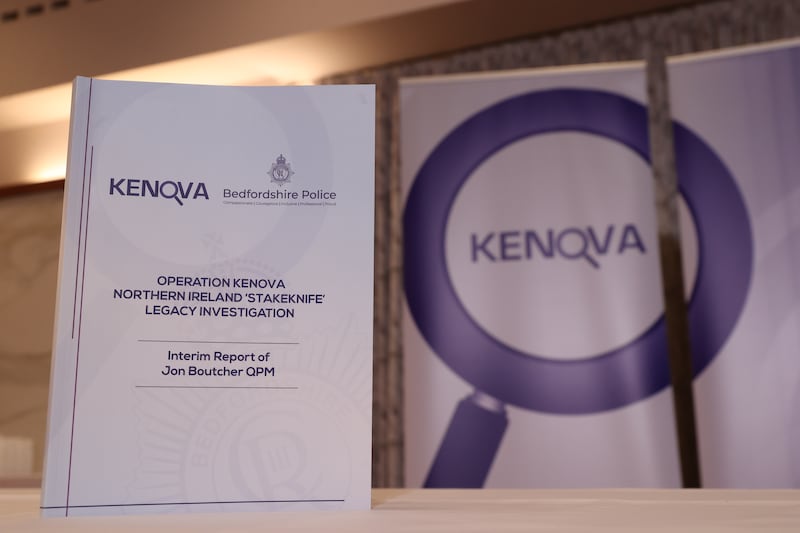Former Operation Kenova chief Jon Boutcher has revealed that there was an “extremely fractious” relationship with MI5 and his investigation team at times.
Details were revealed in the Kenova report published on Friday into the activities of the British army agent Stakeknife.
In 2003 he was identified as Freddie Scappaticci, a former commander of the IRA’s Internal Security Unit. Also known as the “Nutting Squad”, it was responsible for hunting down and killing informers.
As part of his investigation, Mr Boutcher had regular contact with MI5, which, along with MI6, established an Irish Joint Section in 1972.
Since then, it has taken over full responsibility for tackling paramilitary activity in the north and Britain.
While Scappaticci was a British army agent, Mr Boutcher revealed that during the Troubles “MI5 advised and assisted the FRU generally, was copied into its intelligence and even conducted a supportive review of its handling of Stakeknife in particular”.
He also confirmed the relationship between the Kenova team and MI5 had at times been strained.
“Kenova’s relationship with MI5 has endured some extremely fractious spells and the process of extracting information from it has sometimes felt like a hard-fought uphill battle,” he said.
Given that MI5 had very little involvement in running security force agents in Northern Ireland during the course of the Troubles and Stakeknife himself was run by the FRU, this may appear surprising and it has certainly troubled me.”
He also confirmed how a meeting between members of his team and a complainant was secretly recorded by a third party and later broadcast by the BBC.
Mr Boutcher outlined how comments made by one of his officials during the meeting about recovering information from MI5 prompted the agency to claim the officer had unlawfully disclosed secret information.
As the relationship deteriorated, Mr Boutcher set out “ongoing problems with records not being made readily available” to his team.
Eventually an external review was put in place, commissioned by MI5, and an “operationally experienced senior MI5 officer” was appointed as an interlocutor.
“The Kenova relationship with MI5 improved significantly from then on,” Mr Boutcher said.
MI5 had a policy of retaining historical intelligence material, which Mr Boutcher said “has been of huge benefit to Kenova”.
It is understood the agency holds large amounts of records that have either been lost or destroyed by other organisations.
Mr Boutcher also revealed that the Kenova team has memoranda of understandings with other agencies and departments that hold relevant material.
He said agreement had also been reached to appoint single points of contact with MI5, the Ministry of Defence (MoD) and the PSNI.
Mr Boutcher also revealed how his team became aware of hidden material on a British army database.
The MACER intelligence database was operated by the British army during the Troubles.
In 2007 it was handed over to the PSNI as a “closed archive”.

After it was set up in 2016, Operation Kenova was given access to the system by the PSNI and told their logins gave them full access.
However, a year later investigators became aware that MoD staff had separate access to MACER.
When MoD logins were tested “results showed significant additional hits using the MOD logins which were completely invisible using the PSNI logins”.
“No satisfactory explanation for this has been provided,” Mr Boutcher said.
“As a result, Kenova staff received MoD logins codes and have been able to access records held on the MACER database that had previously been inaccessible to other investigations.”






